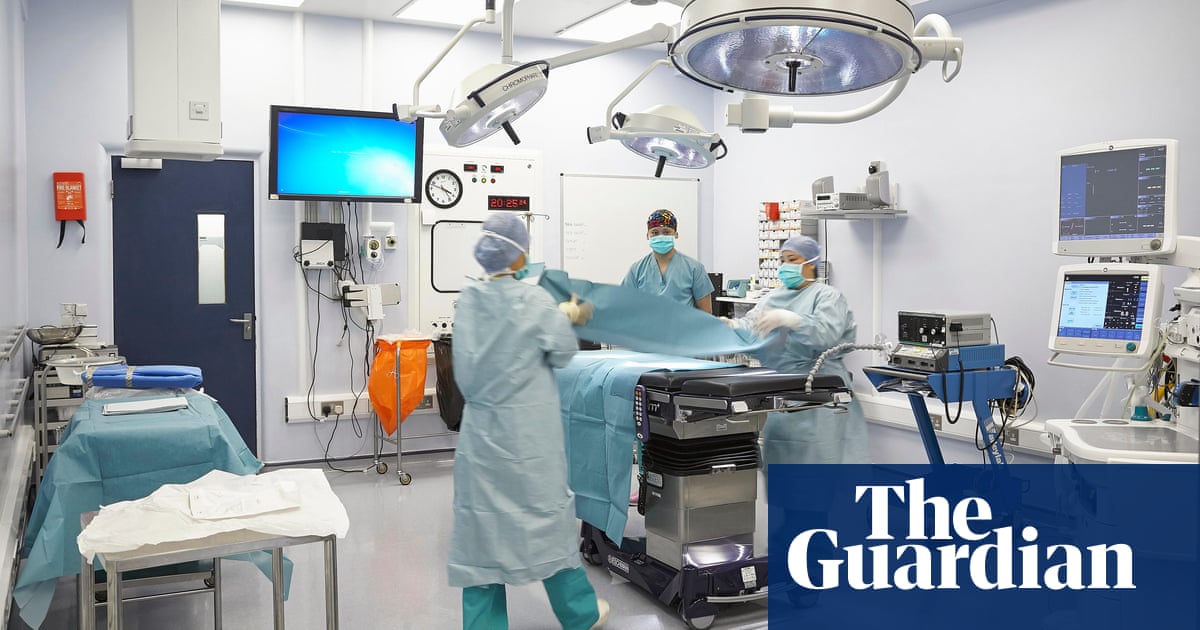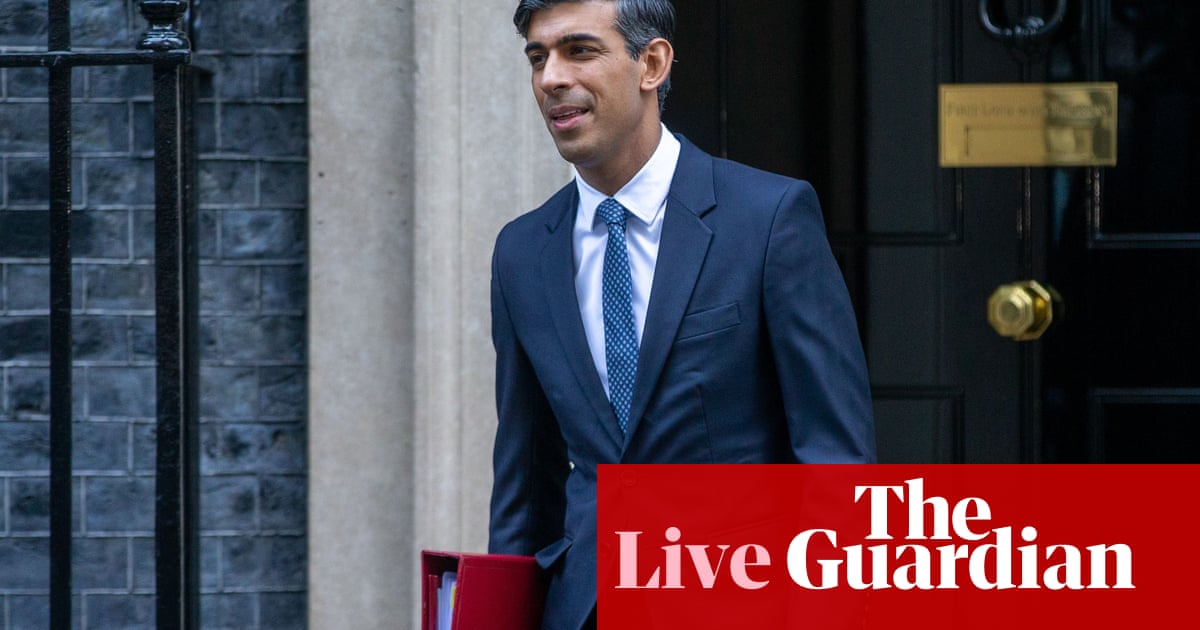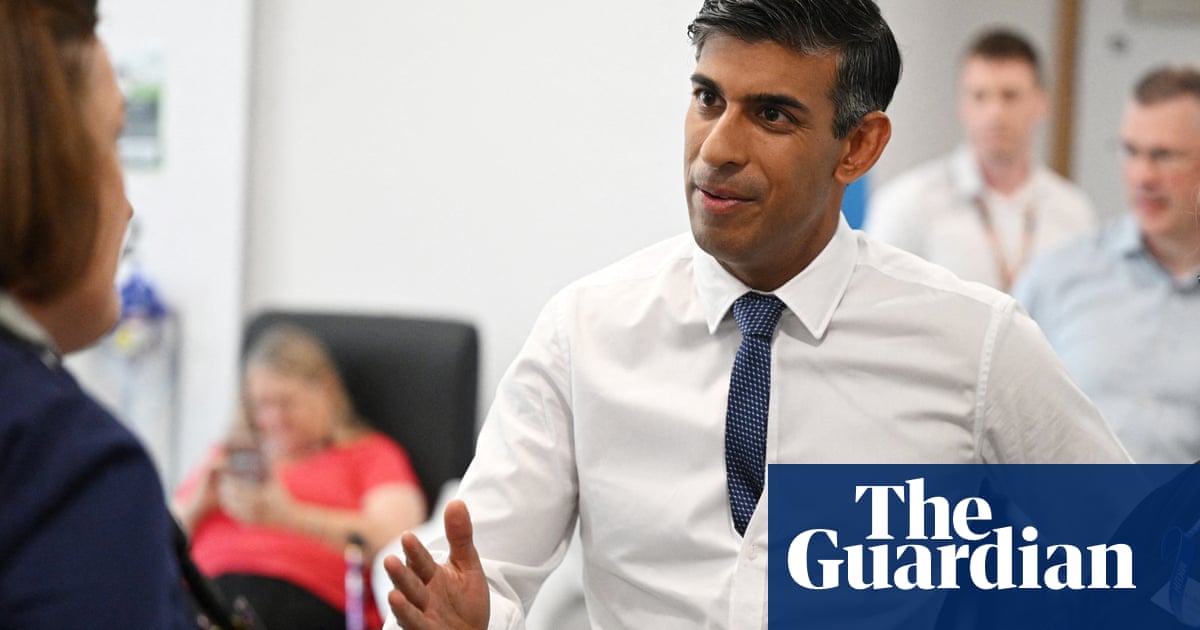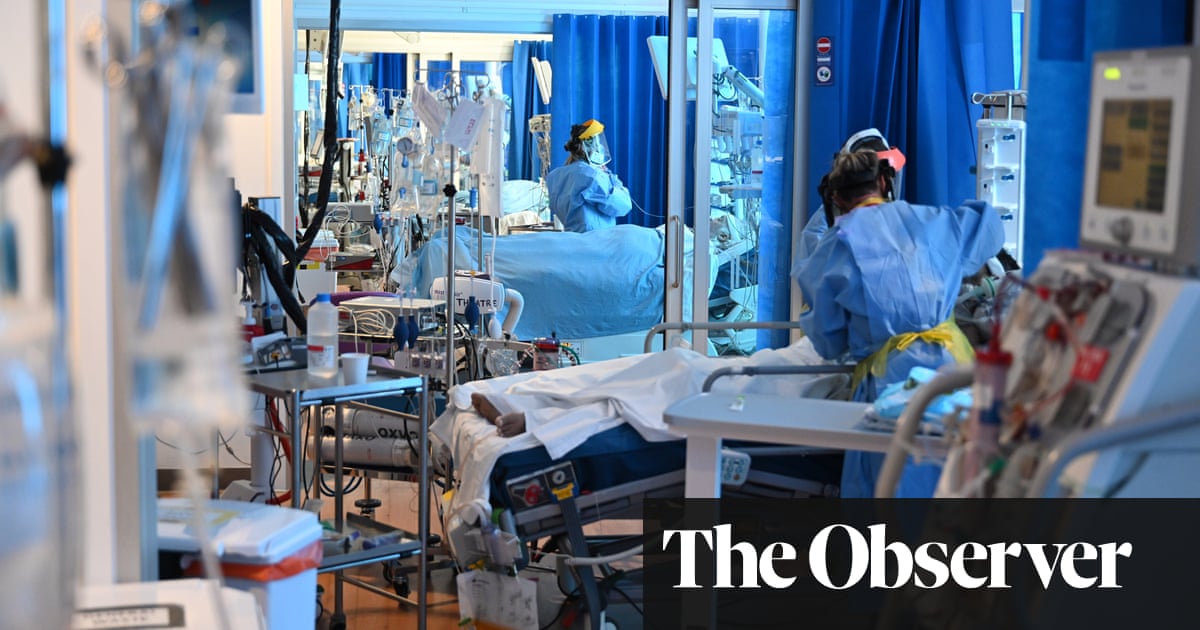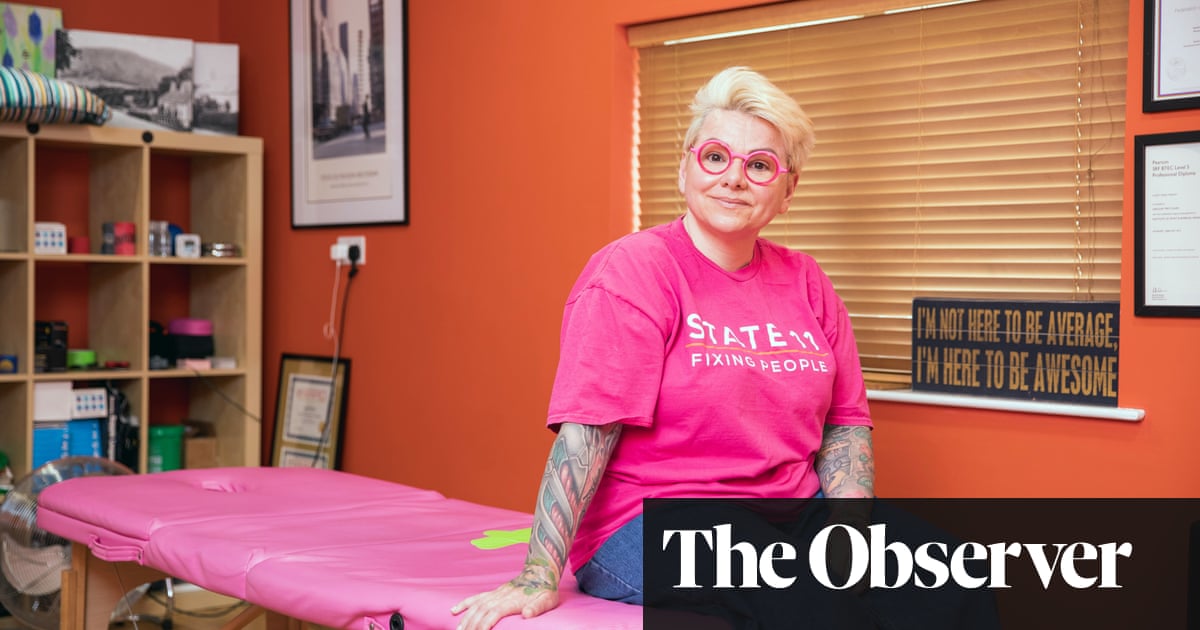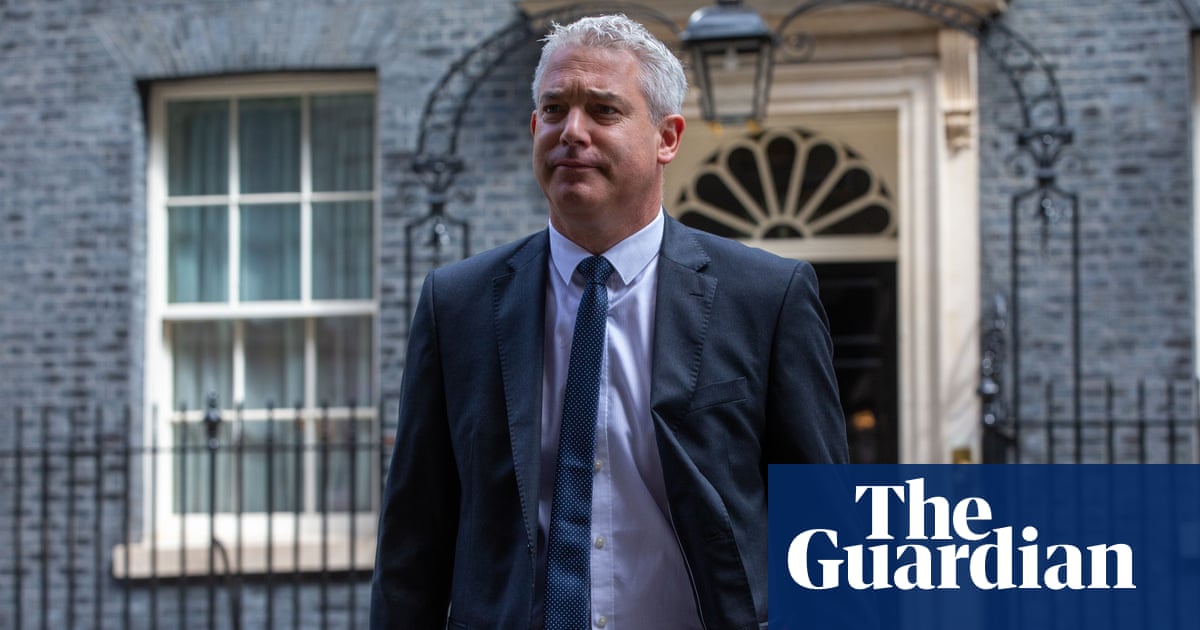
Concerns are growing that long NHS waiting times caused by the coronavirus crisis are exacerbating pre-existing health inequalities and creating a “two-tier” system, as more people turn to the private sector for quicker treatment.
As leading doctors warn mass cancellations of NHS operations in England are inevitable this winter after waiting times reached the highest levels on record this summer, data shows a rise in the number of people self-funding treatment or investing in private health insurance.
“Covid-19 has not impacted everyone equally, and there is clearly a risk that the backlog in routine hospital treatment is going to add to those inequalities if some people are able to get treatment faster because they’re able to pay,” said Tim Gardner, from the Health Foundation thinktank.
Compare the Market said there had been an average 40% increase in year-on-year private health insurance sales over the past seven months, and it expected demand for health insurance to continue to exceed pre-pandemic levels over the winter. “We believe that during a time of considerable uncertainty, many customers value the additional reassurance private healthcare can bring,” said Kamran Altaf, its head of life insurance.
Insurance companies like VitalityHealth also reported a rise in inquires and sales, while HCA Healthcare, which runs a number of private hospitals in London, said self-pay surgeries and procedures in some areas had doubled from last year.
David Hare, the chief executive of the Independent Healthcare Provider Network, said: “I think it’s a fairly general trend across the country that more patients are looking to fund their own care, and I don’t think that should come as a huge surprise. There’s been a steady growth in that over recent years anyway […] and we know that it is becoming more challenging to get prompt access to care in the NHS.”
Helen Begg, 67, a keen walker from Burntwood, Staffordshire, never expected she would turn to private healthcare having worked in the NHS as a midwife and health visitor for many years.
That was until she was diagnosed with advanced osteoarthritis and told she needed hip surgery just as the country went into lockdown and NHS halted all elective surgery, and six months later was told she still had a long wait.
“I just felt despair,” said Begg. “I’d reached the point where I could only hobble down the road and back with a stick, and my world had sort of shrunk.”
After initial reluctance she approached a private healthcare provider and had a consultation and operation scheduled within days, and a few weeks later is well on the road to recovery – her savings having taken a £12,700 hit.
“Eventually I thought, I could be doing somebody else a favour so it almost felt like a duty that if we could dig deep into our savings and do it, it might free up a space for somebody who couldn’t do that,” she said.
An NHS spokesperson said: “Since the peak of the first wave of the pandemic, the NHS has met targets to restore crucial procedures like hip and knee operations, while cancer treatments are now above usual levels and the number of A&E visits is at 95% of pre-pandemic levels.
“Ultimately the NHS will best be able to maintain this momentum recovering services if Covid spread is reduced, which is why it’s so important for people to follow the government’s guidance.”
As the NHS heads into winter and a growing second wave of the virus, experts stressed the need to help those affected by the backlog now.
“There is a need to prioritise the most urgent cases, but simply because someone’s case isn’t urgent doesn’t mean it’s not important. It doesn’t mean that people aren’t waiting in pain and discomfort, or waiting anxiously for a diagnosis,” said Gardner.
“We think it’s incumbent on the health service to make the best possible use of the capacity it’s got. But also it needs to make sure it’s supporting people while they’re waiting. We just can’t have people left in limbo.”
One such person is 27-year-old Ailish McMillan in Sheffield, whose operation to treat endometriosis was cancelled in March at the start of lockdown, and seven months later she’s still in excruciating pain.
“I was inconsolable when it was cancelled because there was no reschedule,” she said. “My life is just on hold until I get this surgery and I’m so scared that it’s all going to be cancelled again, and I’m going to just have to keep waiting in this misery basically.”
She has inquired about private treatment but works as a waitress and has had her hours cuts due to the lockdown: “I work in hospitality, I earn like nine quid an hour, so it’s not like there’s any way we could possibly afford to do that. It’s so expensive.”
Her experience contrasts sharply with Begg, who said she was “deeply grateful” to be in a position to pay for private care. “I think the NHS is a truly fantastic thing but I worked in the NHS at a time when it was better resourced,” she said. “The sad reality is we are in a two-tier system basically.”






